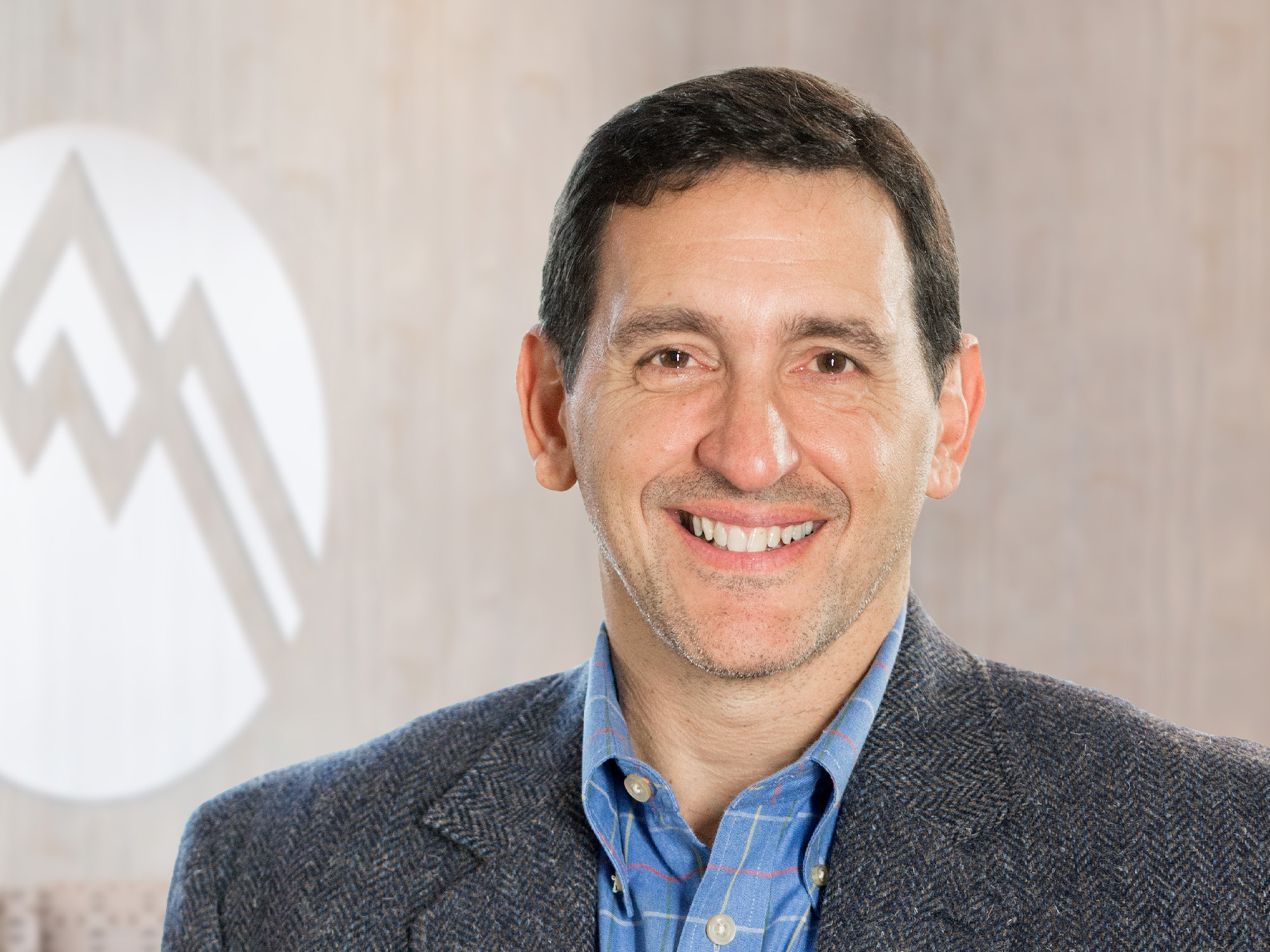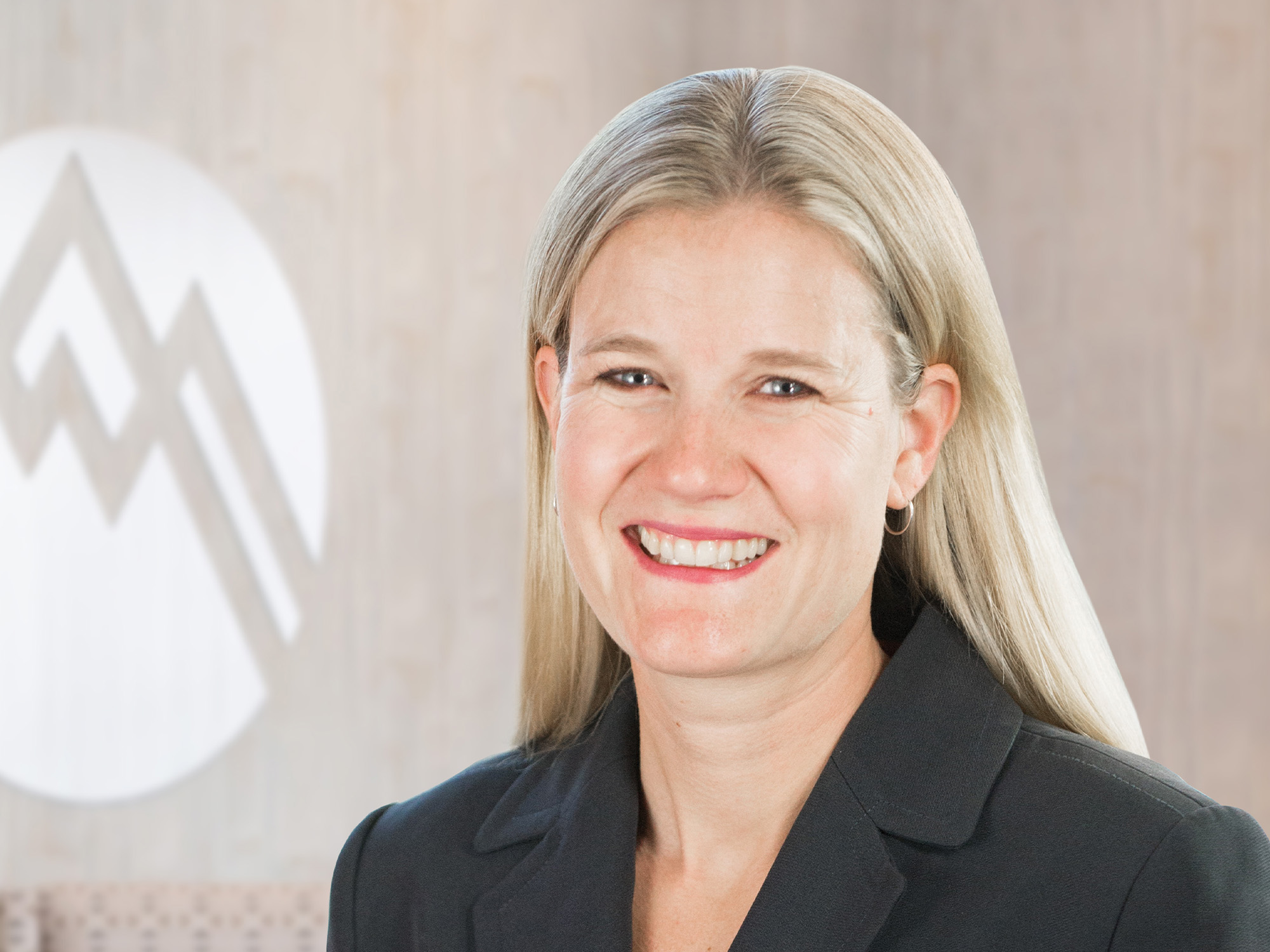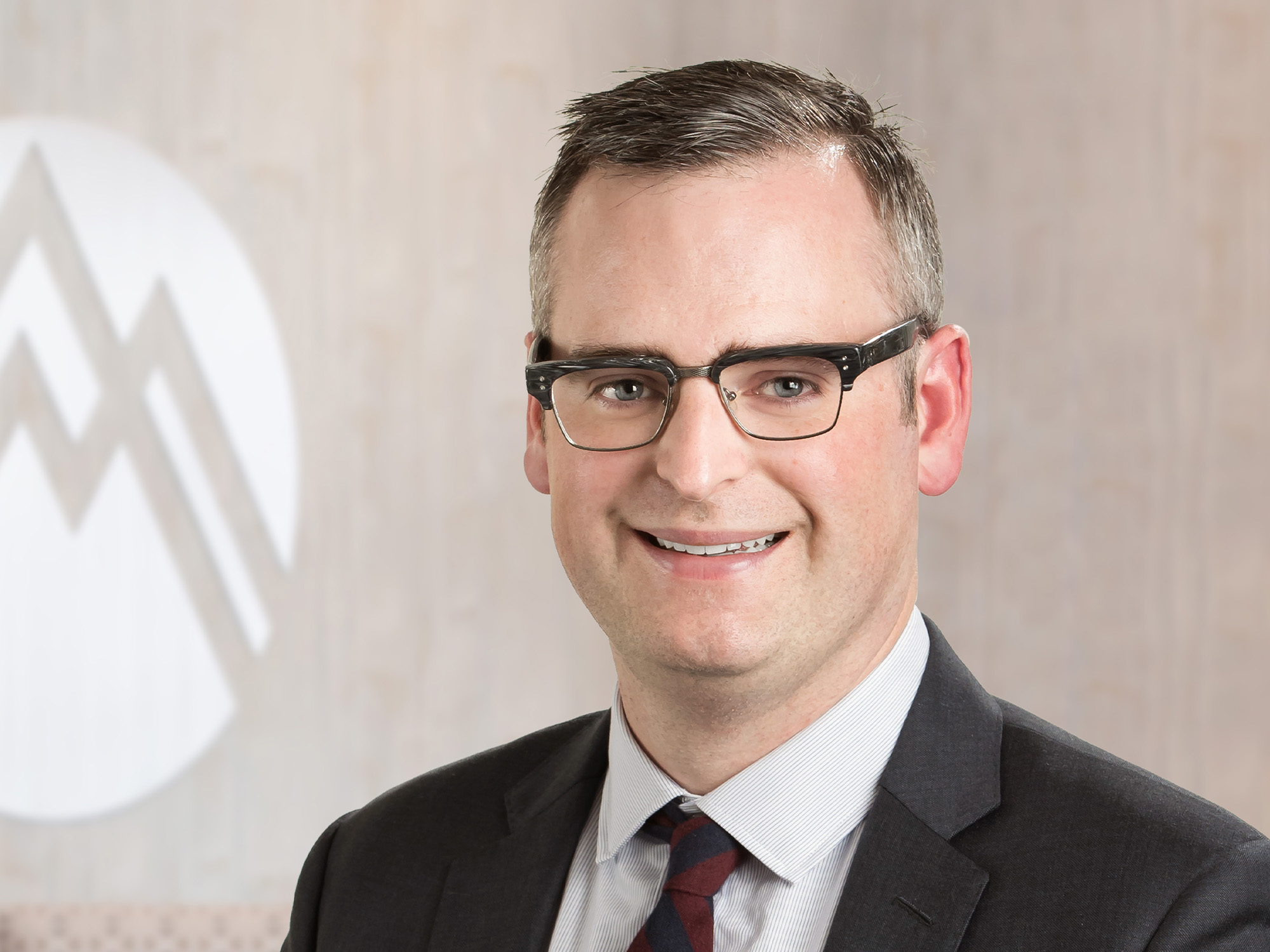Ask the Expert: Foot and Ankle Video Series
About the video: What is an Achilles tendon tear and what are my treatment options?
Achilles tendon tears generally affect patients between the ages of 30 and 60, oftentimes during athletic activities. Summit Orthopedics’ experts Michael Anderson, D.O. Tracy Rupke, M.D., and Michael Castro, D.O. discuss this injury and explain the treatment options.
Meet the Dr. Michael Anderson
Dr. Anderson’s approach: “Foot and ankle problems affect people from all walks of life. Whether your goal is to get back to competitive sports, live a more active life, resume work or enjoy time with family and friends, I’m here to help.”
Dr. Anderson’s background: After completing his undergraduate studies at St. John’s University in Collegeville, Minnesota, Dr. Anderson attended the Midwestern University’s Chicago College of Osteopathic Medicine in Downers Grove, Illinois to earn his medical degree. Following his residency as part of the the Orthopedic Surgery program at Henry Ford Macomb Hospitals in Clinton Township, Michigan, he went on to train at the University of Rochester Medical Center in Rochester, New York through their Orthopedic Foot and Ankle Surgery fellowship.
Meet Dr. Tracy Rupke
Dr. Rupke’s approach: “I am dedicated to providing the best care possible for my patients. I love running and understand every patient’s desire to return to their own life and activities.”
Dr. Rupke’s background: Much of Dr. Rupke’s training and education took place in Ontario, Canada. She completed her undergraduate studies at the University of Guelph, earned her medical degree at Queen’s University in Kingston, and underwent residency training at the University of Ottawa. There she also completed a Sports Medicine fellowship, and she went on to train in the University of Washington’s Foot and Ankle Surgery fellowship program at Harborview Medical Center in Seattle, Washington.
Meet Dr. Michael Castro
Dr. Castro’s approach: “I view the foot and ankle as a ‘perfect machine’ that is taken for granted…when it breaks down the effects can be profound. My focus and the focus of my team is to help get you back on your feet doing what you love.”
Dr. Castro’s background: After graduating from Northern Arizona University in Flagstaff, Arizona, Dr. Castro earned his medical degree at the University of North Texas in Denton, Texas. His residency took place at Michigan State University/Mount Clemens General Hospital in Mount Clemens, Michigan, and he went on to complete two fellowships: the Orthopedic Foot and Ankle Fellowship at Portland Foot and Ankle Center in South Portland, Maine, and then an AO/ASIF Fellowship in Bellinzona, Switzerland.
Summit Orthopedics offers personalized foot and ankle expertise
Our fellowship-trained foot and ankle physicians understand that your mobility depends on the health of your feet and ankles. If you have suffered an injury or are experiencing symptoms that make walking painful, our team of foot and ankle specialists can help with conservative treatment, seasoned surgical teams, and expert rehabilitation support. Summit Orthopedics specialists have the expertise to evaluate your discomfort and develop a plan to quickly and safely get you back on your feet and on your way.
Start your journey to optimal foot health. Find your foot and ankle expert, request an appointment online, or call us at (651) 968–5201 to schedule a consultation.
Summit has convenient locations across the Minneapolis-St. Paul metro area, serving Minnesota and western Wisconsin. We have state-of-the-art centers for comprehensive orthopedic care in Eagan, MN, Plymouth, MN, Vadnais Heights, MN, and Woodbury, MN, as well as additional community clinics throughout the metro and southern Minnesota.
More resources for you
Video Transcription
The Achilles tendon is the strongest tendon in the body. It’s the tendon in your heel that allows your foot to go down as you’re walking. Injuries to the Achilles tendon are extremely common. We see patients who develop tendinitis of their Achilles tendon, as well as patients who rupture their Achilles tendon. Achilles tendon tears generally affect patients between the ages of 30 and 60 years of age, oftentimes when they’re participating in athletic activities. Achilles tendon tears typically occur from what we call an eccentric load, meaning that the muscle is contracting but lengthening at the same time, and that can cause the tendon to rupture. Now, typically, when that happens, there’s been some sort of underlying problem with the tendon that the patient may be completely unaware of. Some people do have pain in their Achilles tendon with activity, et cetera, before they have an Achilles tendon tear. But the vast majority of people really don’t know that there’s anything wrong with their tendon. And sometimes, a totally normal tendon ruptures, but usually, there’s some evidence of some tendinosis or tendinopathy prior to the rupture. Once the Achilles ruptures, it can be treated conservatively or surgically. The downside to the conservative treatment is that, number one, it takes a long time to get back to regular activity, on the order of nine to 12 months. The other downside is that when the Achilles tendon ruptures, it does so because there’s a lack of blood supply to the region of the tear. So, once you reach a critical mass of damaged tissue, just that little bit more stress will cause a rupture. So, once that thing tries to heal, you’re healing with scar tissue. You’re not healing with healthy tendinous tissue. So there’s always a little bit of an increased risk of re-rupture. To treat it surgically is a benefit for a couple of reasons. One is it gets you on your feet and moving faster, so the other things – your knee, your ankle, your hips – don’t suffer by the inactivity. And the other is that by repairing the tendon and augmenting that repair with healthy tissue, like a tendon transfer, kind of takes that pathologic or unhealthy tissue out of the picture and significantly decreases the risk of re-rupture. So, between the decreased risk of re-rupture and the ability to get back on your feet a lot sooner, like on the order of six months, there’s some benefit to a surgical repair on somebody who’s an otherwise active individual and likes enjoying athletic activities.


